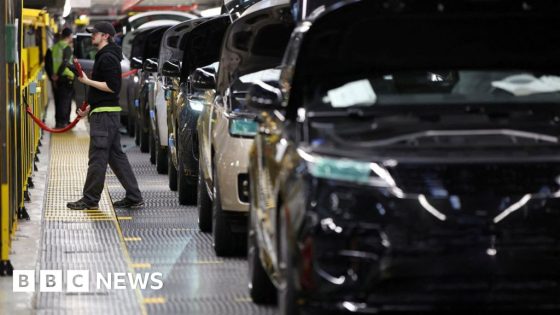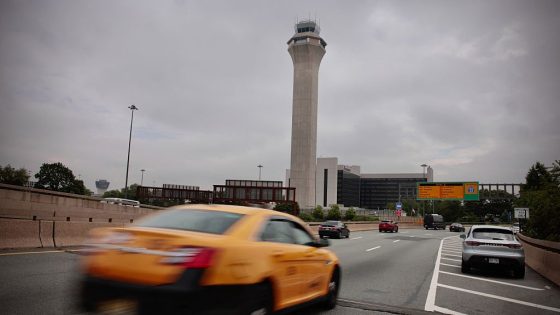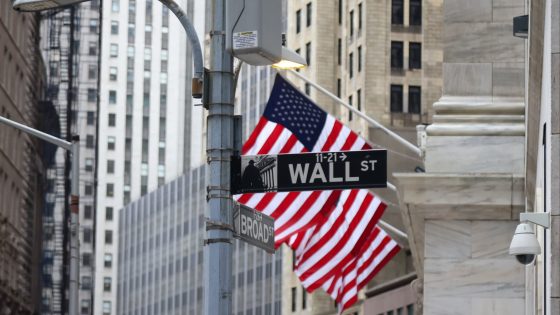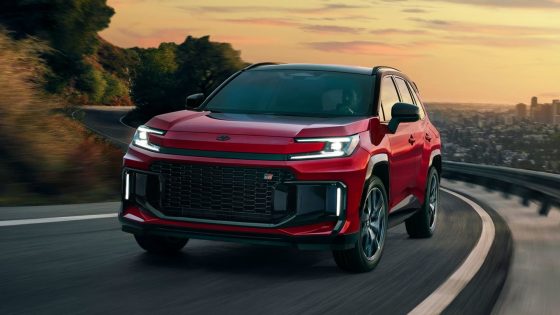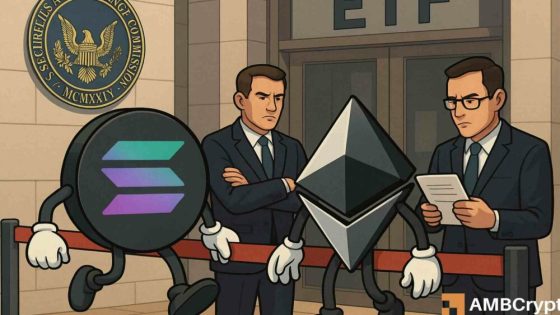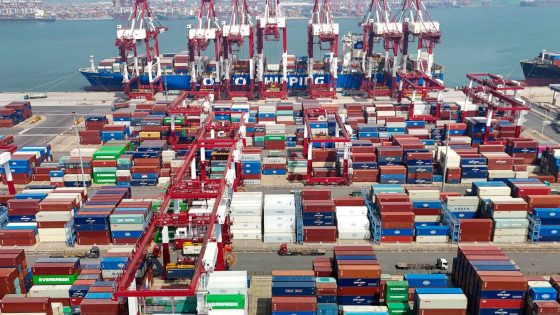In a significant development for the automotive industry, UK-based carmaker Jaguar Land Rover (JLR) has confirmed it will not produce vehicles in the US, primarily due to President Donald Trump’s tariffs impacting the motor industry. As of 2025-05-15 05:34:00, JLR has paused shipments to the US, resuming only recently amid ongoing trade uncertainties.
- Jaguar Land Rover won't produce cars in the US.
- Trump’s tariffs affect Jaguar's operations.
- US tariffs impact multiple industries' forecasts.
- Ford estimates $1.5bn cost from tariffs.
- Adidas warns of higher trainer prices.
- Mattel raises toy prices due to tariffs.
This decision places JLR alongside other major firms, including Mercedes-Benz and Stellantis, which are also hesitant to provide profit forecasts due to the unpredictable nature of US trade policies. The tariffs, originally set at 10% on UK goods, have raised concerns across multiple sectors, affecting not only automotive companies but also tech giants like Intel and consumer brands such as Procter & Gamble.
The implications of these tariffs extend beyond the automotive sector, raising questions about the broader economic landscape. How will these trade policies affect consumer prices worldwide? Will companies continue to adapt their strategies in response to ongoing uncertainty?
- Tariffs are leading to higher consumer prices in the US.
- Global companies are withdrawing profit forecasts, indicating economic instability.
- Luxury brands are particularly vulnerable to these trade policies.
- Trade tensions may drive companies to reconsider their manufacturing locations.
As companies navigate these turbulent waters, stakeholders must remain vigilant and adaptable. The future of international trade will depend on how effectively businesses respond to these challenges.



